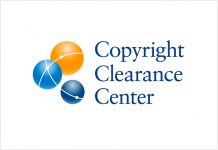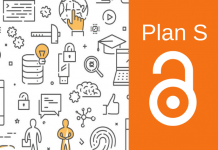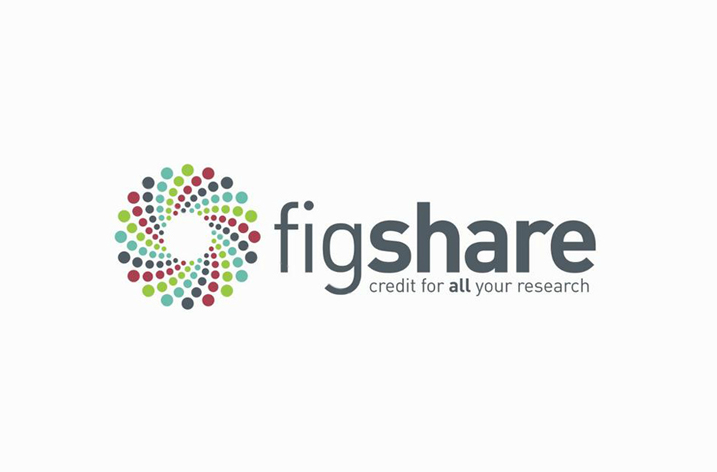
The new Global Open Access Portal (GOAP.info) presents access to a wide array of Open Access resources worldwide, through an advanced user interface design.
GOAP.info allows users to browse dynamic Open Access contents via both a text-based search and a map-enabled country search option. Building on an earlier version, the new Portal includes Open Access profiles of 166 countries and highlights existing key Open Access initiatives, mandates, events and publications.
Additionally, GOAP.info incorporates dynamic content sourced from publicly available information and provides workflows to facilitate the publishing of non-commercial journals. GOAP.info gathers important resources such as open journals, repositories, articles and FAQs for trending subject domains such as Covid-19, Big Data and Artificial Intelligence. Another feature included is the incorporation of Open Educational Resources on Open Access, which provides learning resources for researchers and librarians responsible for facilitating and benefiting from the use of Open Access resources.
UNESCO supports Member States in their quest to build inclusive knowledge societies by leveraging new technological innovations and supporting the principle of ‘Openness’ and ‘Inclusiveness’. The new version of GOAP.info will facilitate the advocacy for openness, sharing of contents, technologies and processes that generate information and knowledge. Although Open Access is mainstreaming in developmental discourses, there is a real need for a global repository that tracks Open Access development, presents best practices, enhances capacities as well as to maintain financial accountability and transparency.
Partners
GOAP.info is a collaborative effort of UNESCO, Redalyc, Indian Statistical Institute and AmeliCA. It was redeveloped under the guidance of a multi-stakeholder advisory committee. While Redalyc and AmeliCA curated the user interface and integrated a non-commercial open access publishing workflow in the portal, the Indian Statistical Institute developed the backend architecture and updated country-level information.
Dr Devika Madalli, Professor at the Documentation Research and Training Centre, Indian Statistical Institute, India noted “GOAP.info is not a journal repository. It is the one-stop shop for the AO movement; although it hosts some specific content, the portal primarily gauges openness of a country and access to information and inclusiveness”.
Dr Arianna Becerril García, GOAP Steering Committee Member and Professor, Autonomous University of the State of Mexico, Executive Director, Redalyc justifying the inclusion of a workflow in the portal noted “Non-commercial Open Access workflow enables systemic participation in science and leverages the values of the research community to accelerate knowledge production and dissemination processes”.
The portal is intended to be evolutive and the steering committee will convene at regular interval to discuss collected feedbacks and define new targets and priorities. In addition, the machine harvesting and collating functions coded into the current version of the portal will be replicated and scaled up.
Released as a beta version, the portal will soon feature an observatory for open access policies and policy development resources. It will also provide linkages with the ROAD directory of ISSN and other similar resources on Open Access.



























